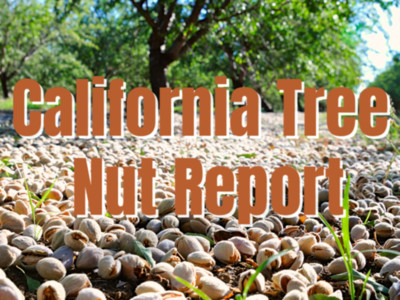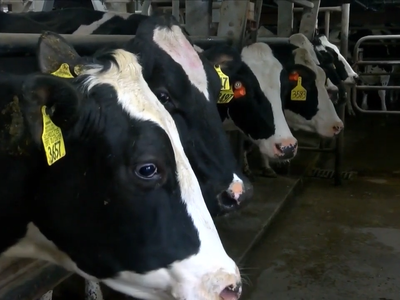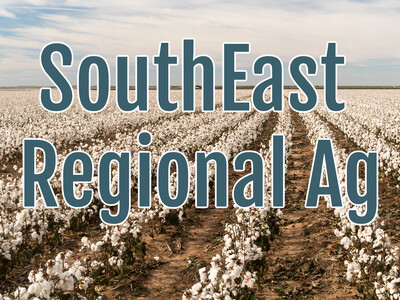Farm Loan Defaults Remain Low Despite Ag Bankers' Concerns

Tim Hammerich
News Reporter
The Rural Mainstreet Index for August dipped lower, dropping for the fifth-straight month. Dr. Ernie Goss, an economics professor with Creighton University, says Chinese ownership of American farmland and food processing plants is becoming a big concern.
Goss… “That's right. We asked if there was a concern about the Chinese purchases of not just farmland but also food processing facilities. And they have been buyers of food processing in the U.S., they have been buyers of farmland, and nine out of ten reported concerns about it. Now, of those, a good one-fifth of the entire survey reported significant concerns about the Chinese purchase of farmland and food processing. So that's an issue and something to keep an eye on going forward. And that's, of course, an issue for the farmers, particularly as they're seeing their land being sold, and the neighbors selling their land to Chinese investors.”
Goss said the Inflation Reduction Act is another concern for ag bankers, but despite these issues, they expect farmer default rates on loans to remain low.
Goss… “They entered this downturn or slowdown in good cash positions. In other words, we've seen very good agricultural commodity prices even as input prices have grown, but the income of farmers is at a pretty good level, and, of course, they look out there, and we saw a decline of 1.7 percent. That's the average estimate for bankers out there in terms of delinquencies. We asked the same question a couple of months ago, and there was much the same negative. In other words, they expected a decline in delinquencies of farm loans, and that's good news. Loans are up, for that matter. We've seen pretty strong loan demand by the farmers, and, of course, we're seeing that because the farmers are borrowing in anticipation of higher rates.”
Despite that bit of good news, bankers are still very worried about the future.












